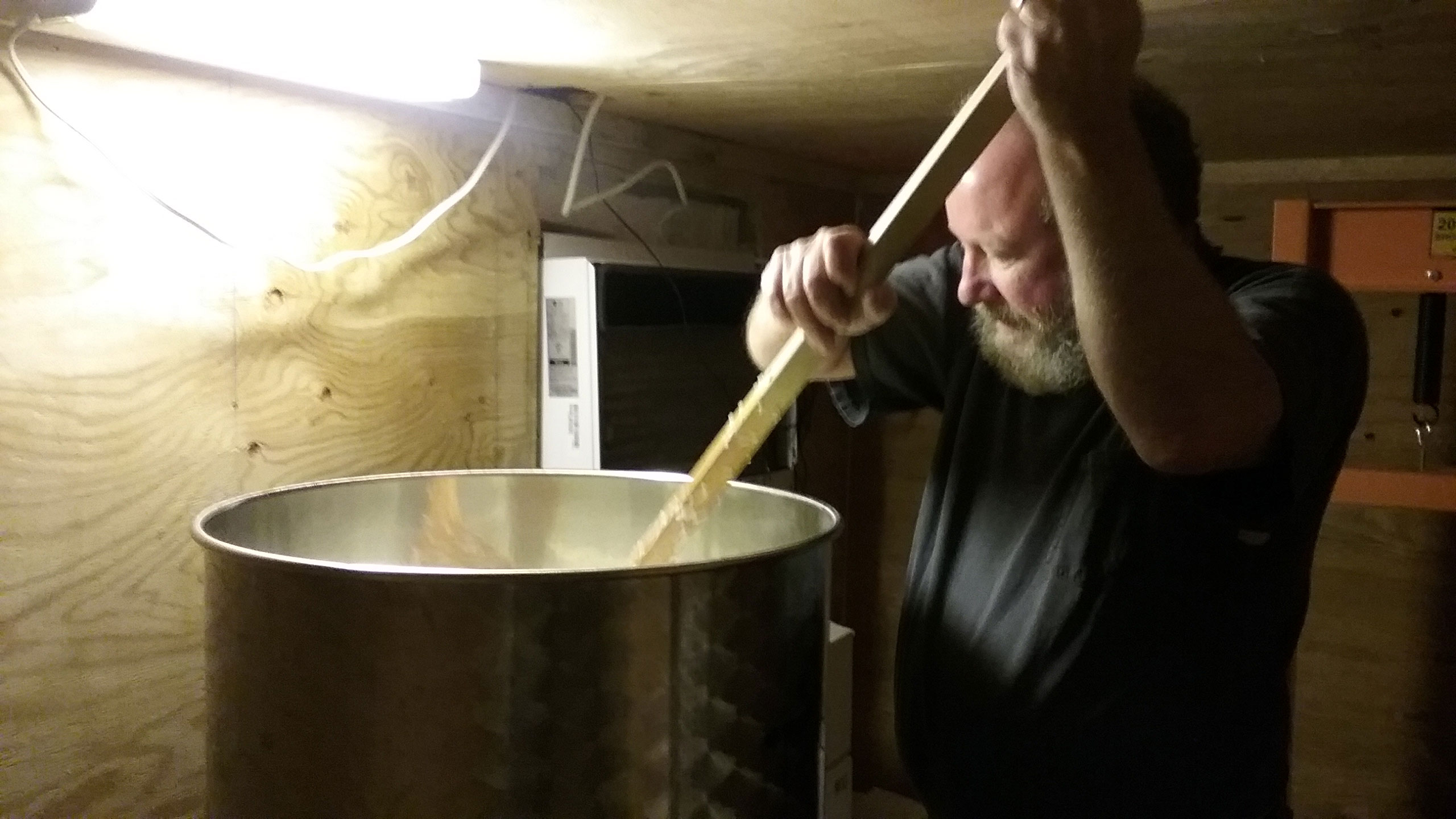 Saké maker Jeff James
Saké maker Jeff James
Aug 22, 2017
SEATTLE, WASHINGTON -- Japan’s saké-making tradition is more than 2,000 years old, but with the growing demand for premium saké combined with the current taste for craft beverages here in the U.S., there is an increase in locally-produced saké – with U.S.-grown rice leading the way.
Mistakenly called “rice wine,” saké’s brewing process is actually similar to beer. Rice varieties most suitable for saké production, including Calrose, Koshihikari, and Yamada Nishiki, have a pure starch component that is separate from the protein and fat, making it possible to isolate the starch for brewing.
Jeff James, owner and brewer of Cedar River Brewing Company in Seattle, uses Calrose from California that he purchases milled or “polished” to 60 percent. Recently, however, James started experimenting with Yamada Nishiki rice from Arkansas. Yamada Nishiki is considered the king of saké rice because it absorbs water easily, at a fast, predictable rate that is extremely important for the exacting science of saké brewing. It’s also a sweeter variety that is structurally round and plump, making it easy to mill.
As one of the smaller saké producers in the U.S., James only uses a single ton of rice per year, although larger artisanal producers use up to 33,000 pounds. He says using local ingredients is very important. “If I knew of a rice grower in Washington, I’d love to have that so I could say my saké is super local.”
Most U.S. producers use Calrose or Yamada Nishiki, as James does, but he and other brewers are interested in trying one of the other 100+ saké rice varieties not currently available. While he would love to experiment with such varieties as Omachi, the oldest pure rice variety grown in Japan that is known to impart wild, full-bodied flavor to saké, he would need someone in the U.S. to grow it for him, so for now he is very happy with the Calrose and Yamada Nishiki he is currently using.